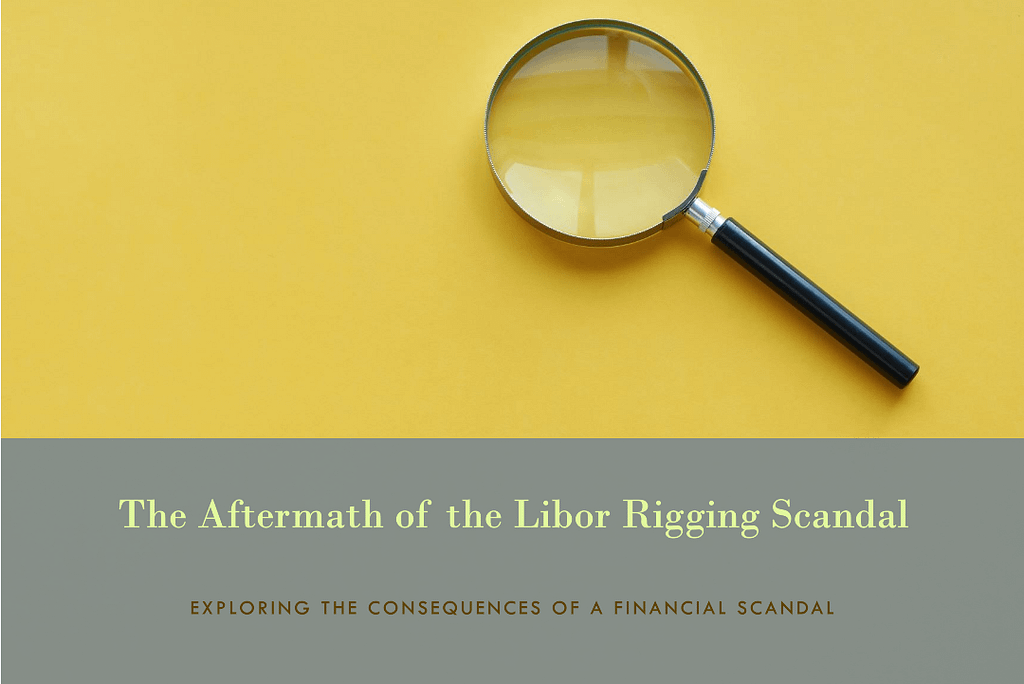Force majeure provisions are necessary barriers in business contracts, protecting parties from liability where unforeseen events render performance impossible. Force majeure provisions are enforced stringently by courts in Ontario through exacting drafting, adequate notice, and substantiation of inevitable events. Enterprises need to appreciate the decisive parameters, limitations, and legal requirements in order to employ force majeure to advantage. Though the provisions yield relief, they do not necessarily dissolve contracts or alleviate economic duress. Keeping these complexities in mind, firms should proactively scrutinize agreements and seek professional legal counsel. Pacific Legal helps companies draft, enforce, and navigate force majeure clauses for legal compliance as well as for mitigation of risks.
In the complicated realm of contract law, and particularly in Ontario, the force majeure principle is the shining star among tools that possesses the ability to significantly influence enforcement and enforcement of contractual performance. Derived from the French phrase “superior force,” force majeure provisions seek to provide relief to parties when unforeseen circumstances prevent performance of contractual undertakings. For businesses conducting business in Ontario, it is essential to thoroughly understand these provisions in order to effectively deal with potential interferences.
What is Force Majeure?
A force majeure clause is a contractual term that excuses one or both parties for non-performance of their obligation whenever there are specific events beyond their control that make performance impossible or impracticable. Force majeure clauses are not automatic in contracts in Ontario law; instead, they must be explicitly written and thoroughly drafted so that they can be enforced. The specificity of the language in such clauses is crucial because courts interpret them strictly and apply them to events only listed specifically or encompassed by the language of the clause. The strict interpretation stresses the need for careful and comprehensive drafting so that the clause sufficiently encompasses potential unforeseen events.
How Force Majeure Works in Ontario
In Ontario, whether or not a force majeure clause is enforceable and to what degree it does apply depends on its language in the contract. In jurisdictions where the clause might be implied, in Ontario, the law requires that it be expressed. What this means is that businesses must proceed and place force majeure in their contracts in order to take advantage of it. Without the clause, relief can then be sought in the common law doctrine of frustration where an event was unexpected so as to effectively change the very nature of the contract in ways that make performance impossible. Although frustration is a more formidable task to apply, that too requires proof that the event has made contract obligations impossible rather than merely increased cost or difficulty in performing such obligation.
The case of Atlantic Paper Stock Ltd. v. St. Anne-Nackawic Pulp & Paper Co. (1976) is the most important Canadian contract law case on force majeure. In the case, the Supreme Court of Canada emphasized that the event must be outside the control of the parties and unexpected when the contract is concluded in order for the force majeure clause to operate. This case highlights the need for careful drafting and the need to clearly outline what a force majeure event is in the contract.
Essential Elements of a Force Majeure Clause
A solid force majeure clause must include some essential elements:
1. Definition of Force Majeure Events:
Define with clarity the events that constitute force majeure. They range from natural events (earthquakes, floods) to man-made events (strikes, wars) and governmental actions (new laws, embargoes). These definitions are not ambiguous and set definite expectations.
2. Obligations Affected:
Define specifically what contractual obligations are suspended or modified in case of a force majeure event. This does not leave anything unclear about the nature of relief granted.
3. Notification Procedure:
Ascertain the procedure and length by which notification should be provided to the other contracting party of a force majeure event. Sufficient notification avoids unreasonable expectations and subsequent misunderstanding.
4. Mitigation Procedures:
Specify the work to be performed by the party affected by the force majeure event in a way that reduces its impact. These may vary from attempting alternative sources for fulfilling contract obligations or making attempts at limiting expected loss.
5. Termination Rights:
Specify the situations under which both parties can terminate the contract in case the force majeure event persists beyond a given period, so both parties have a clear exit point.
The Ontario Superior Court case of Durham Sports Barn Inc. Bankruptcy Proposal (2020) also focused on the need to keep force majeure clauses in simple terms. The court here debated if a force majeure clause would exempt a tenant from the payment of rent in case of a government-imposed shutdown amid the COVID-19 pandemic. The judgment was based on the specific words of the clause, with the suggestion that generalized references to unexpected events without definition may be lacking to trigger the clause successfully.
When Can a Force Majeure Be Called Upon?
A party can call upon a force majeure clause when a defined event within the contract occurs, rendering contractual performance impossible or impracticable. The courts of Ontario have said that the event must make performance impossible, rather than merely more difficult or less lucrative.
For instance, during the COVID-19 pandemic, many companies attempted to invoke force majeure clauses due to government-ordered lockdowns. Whether such a claim would succeed or fail, however, depended on the specific words of the clause and the nature of the hindrance. The burden lies with the party who wishes to rely on the clause to establish that:
- The occurrence is within the scope of the force majeure clause.
- The occurrence has blocked, hindered, or delayed the performance of contractual obligations.
- All contractual conditions precedent to the exercise of the clause, e.g., providing timely notice, have been satisfied.
Failure to satisfy these conditions can result in failure to invoke the clause, which makes the party liable for non-performance.
In Niagara Falls Shopping Centre Inc. v. LAF Canada Company (2023), the Ontario Court of Appeal addressed the application of a force majeure clause amid the COVID-19 pandemic. The court emphasized that the exact language of the clause determined its use, and parties could not invoke force majeure clauses to avoid contractual obligations due to circumstances that render a contract commercially unprofitable or undesirable, rather than impossible to perform.
What Are Examples of Force Majeure?
Examples of typical force majeure events include:
- Natural Disasters: Occurrences such as earthquakes, floods, hurricanes, or wildfires that interrupt regular business activity.
- Epidemics or Pandemics: General health emergencies, such as the COVID-19 pandemic, that cause government-mandated lockdowns or severe shortages in the workforce.
- Governmental Actions: Newly enacted laws, regulations, or orders that expressly hinder contractual performance, including trade embargoes or mandatory shutdowns.
- Acts of War or Terrorism: Circumstances of armed conflict or terrorist operations that impact the safety and viability of doing business.
- Labor Disputes: Strikes, lockouts, or other industrial action that hinder normal business.
The particular clause depends upon the language of the contract, highlighting the need for careful drafting. Courts will construe these provisions narrowly, applying them only to events specifically listed or falling within the language of the clause.
Limitations of Force Majeure Clauses
Force majeure clauses shield, but they have some limitations:
- Tight Court Interpretation – Ontario courts strictly interpret these clauses and will only invoke in case of enumerated event.
- Performance Must Be Impossible – Greater cost or difficulty is not enough; the event must make performance objectively impossible.
- Burden of Proof – The party claiming force majeure must prove the event caused non-performance directly and that mitigation was carried out.
- Notice Requirements – Failing to provide notice within the time frame set out in the contract will invalidate a force majeure claim.
- Exclusions – Economic downturn or financial difficulty is not covered by force majeure in some contracts.
- No Automatic Termination – Force majeure tends to suspend obligations but not the termination of the contract unless expressly stated.
- Overlap with Frustration Doctrine – If force majeure cannot be invoked, parties can resort to frustration but require setting up a fundamental change in the contract.
How Pacific Legal Supports Businesses in Force Majeure Matters
Pacific Legal provides expert legal services that assist business enterprises in dealing with force majeure problems effectively:
- Drafting & Reviewing Contracts – We draft efficient force majeure clauses and review contracts for gaps.
- Dispute Resolution & Litigation – We settle disputes on behalf of our clients and represent them in court if force majeure claims are disputed.
- Protection from Compliance – We counsel businesses on notice and mitigation obligations to secure their claims.
- Risk Analysis & Business Planning – We help our clients analyze potential risks and implement legal safeguards.
- Sector-Specific Legal Solutions – Our capabilities extend across several sectors, guaranteeing highly customized legal approaches.
Why Ontario Businesses Should Seek Force Majeure Legal Advice
Force majeure provisions are necessary protection but must be properly drafted and enforced. Ontario courts apply them strictly, requiring clear language and strict compliance. Companies can be proactive by reviewing contracts, having proper risk management, and seeking expert legal counsel. Pacific Legal is here to help companies navigate these complexities so that they are covered in times of uncertainty. Schedule an appointment now







